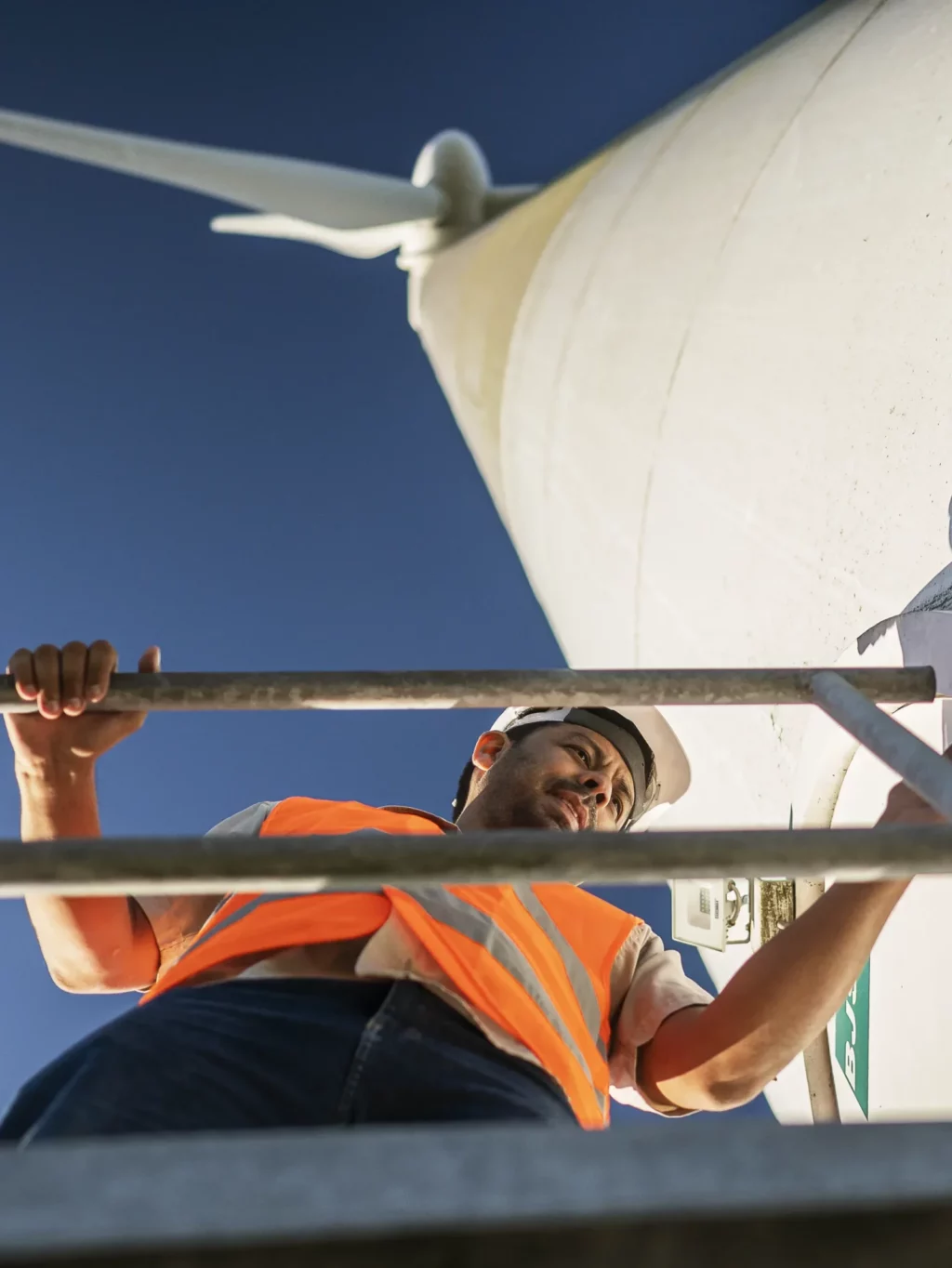UK: Contractual liability cover
Introduction
This is the third instalment in a series of articles, the purpose of which is to clarify the extent of cover required by construction businesses, be they main or sub-contractors, under third party liability (TPL) policies.
TPL policies, sometimes referred to as public liability (PL) policies, protect contractors against liabilities arising from damage to property owned by, or injuries to, third parties arising throughout the course of their activities. The rule of thumb is that TPL insurance protects against liabilities in common law, or tort, although there have been some differences of opinion in the past that came to a head over an infamous construction loss.

The Gerrards cross railway tunnel1
On 30 June 2005, during its construction, the Gerrards Cross railway tunnel in Buckinghamshire collapsed onto the Chiltern railway line. The tunnel was being built to enable the construction of a Tesco supermarket and car park. Fortunately, there was no injury or loss of life but the railway line was damaged and the service were disrupted for approximately two months whilst the structure was stabilised and the debris removed.
The property damaged by the collapsed tunnel, the railway line and associated infrastructure, was owned by Network Rail. There was a clear common law (or tortious) liability established between the construction project and Network Rail following the normal principles of negligence:
- Was there a duty of care owed?
- Was there a breach of that duty?
- Was loss suffered as a result of that breach?
- Was that loss foreseeable by the party in breach?
The rail service on that line was operated by Chiltern Railways, which in advance of the works had the foresight to secure from Tesco a contractual undertaking, by way of a deed of covenant, that disruption costs arising from project would be reimbursed irrespective of negligence. Tesco was obliged to reimburse Chiltern Railways a substantial figure by way of this deed of covenant and then sought to recover that outlay from its TPL insurer.
The Chiltern Railways claim did not satisfy the fourth of the negligence tests; foreseeability in negligence is normally limited to those losses which are directly linked to property damage to bodily injury. In this case the Chiltern Railways’ loss arose from obstruction and this would not have given rise to a common law liability. The claim therefore arose solely as a result of the contract entered into between Tesco and Chiltern Railways.
This gave rise to a disagreement centred on an extension to the TPL policy which gave “Contractual Liability” cover. Tesco argued that this extension should cover liability under the deed of covenant, even though there was no common law liability. The TPL insurers countered that the contractual liability extension only covered those liabilities that existed in common law but were pursued in contract. In a much-anticipated decision, the court found for the insurers; the contractual liability extension would only cover contractual liabilities that were co-extensive in contract and in tort. This decision was supported by the appellate court and Tesco’s significant liability was to Chiltern Railways was uninsured.
The effects on the construction insurance market
So how has this affected the construction insurance market? It is now accepted that TPL policies only cover tortious liabilities unless there is an express undertaking to the contrary. This also needs to be well evidenced in the underwriting information presented to insurers that accompanies the policy documentation.
New products have been developed which provide cover specifically for contractual liabilities. The best example of this is contractual financial loss (CFL) cover which is most commonly provided for projects adjacent to rail infrastructure. Securing the infrastructure owner’s permission to conduct works either alongside track or during railway possessions normally requires agreement of an indemnity for losses arising from the project (along the same lines as the deed of indemnity in the Tesco/Chiltern Rail case).
For non-damage events, the project’s TPL cover would not normally be expected to operate, so the CFL policy will operate in its place normally with some form of time excess. At the moment these policies are normally only available for rail liabilities, but it is hoped that the market will eventually consider their application to other similar situations.
How can you protect yourself in these situations?
- Firstly you should deal with a specialist construction insurance broker that understands these risks and the policy wordings provided by insurers
- Avoid relying on ambiguity in policy wordings. Securing cover will rely on having made clear unambiguous disclosure of the risks and seeking insurers’ express agreement
- Be prepared to provide plenty of information to support your application and enough time to secure competitive options in the market
References
Previous articles
The information contained herein is based on sources we believe reliable and should be understood to be general risk management and insurance information only. The information is not intended to be taken as advice with respect to any individual situation and cannot be relied upon as such.